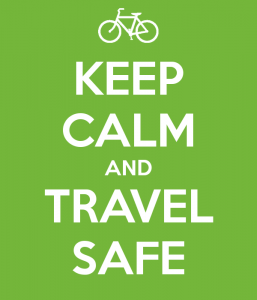 While no one can say with certainty that any destination is 100% safe, we strongly encourage our clients to use care and common sense – no matter where they travel – to maximize their safety and security. For example:
While no one can say with certainty that any destination is 100% safe, we strongly encourage our clients to use care and common sense – no matter where they travel – to maximize their safety and security. For example:
- Leave a copy of your itinerary and passport data page with a friend or family member back home so you can be contacted in case of an emergency.
- Know and respect the laws in the country you are visiting. o Remain alert to your surroundings at all times. Follow your instincts and avoid any areas or situations that seem as though they could become dangerous.
- Avoid all demonstrations, as even peaceful ones can quickly become unruly and a foreigner could become a target of harassment. If caught unexpectedly near a 4 demonstration, obey instructions from police and leave the area as quickly as possible.
- Ask tour guides and hotel officials about any planned demonstrations in the locations they plan to visit.
- Do not display expensive looking jewelry, large amounts of money or other valuable items. Also, do not leave luggage unattended in public areas and do not accept packages from strangers.
- Check with your cell phone provider prior to departure to see if your phone is capable of roaming on GSM or 3G/4G international networks.
- Check your medical insurance coverage to make sure it applies overseas. If it doesn’t, consider buying travel insurance that covers overseas medical attention and medical evacuation.
- Do not display large amounts of money. Place small amounts in different pockets to assist with this or use credit cards or travelers’ checks.
- Make copies of your credit cards front and back and place them in a secured place for your records (room safe). This can be very useful if you need to report a lost or stolen card.
- If you see something suspicious, call 911 immediately. When you return to your hotel, use the main entrance especially in the evening.
- Be wary of solicitors. Use reputable places of business for all your entertainment transactions.
- Travel in pairs or groups if possible.
- Always have a meeting place for the kids to meet you if they get lost.
- Small children should have their name and phone number placed on their clothes label or the inside of a shoe flap with a permanent marker in case they are lost.
- Small children should always be led by the hand when crossing the road or near busy streets.
- Teach your kids your name, house phone and cell phone number.
- Use the sidewalk and pedestrian crossings.
